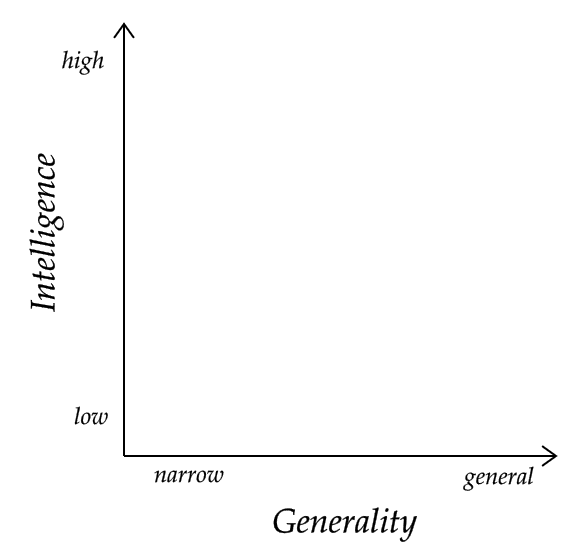cubefox
Is LLM Translation Without Rosetta Stone possible?
Suppose astronomers detect a binary radio signal, an alien message, from a star system many light years away. The message contains a large text dump (conveniently, about GPT-4 training text data sized) composed in an alien language. Let's call it Alienese.[1] Unfortunately we don't understand Alienese. Until recently, it seemed...
Are Intelligence and Generality Orthogonal?
A common presupposition seems to be that intelligent systems can be classified on two axes: * Intelligence (low to high) * Generality (narrow to general) For example, AlphaGo is presumably fairly intelligent, but quite narrow, while humans are both quite intelligent and quite general. A natural hypothesis would be that...

My question is whether the DeepMind alignment team was aware of this. If not, that means their evals are clearly insufficient, if they were, it begs the question why they didn't even mention this as a "known limitation" upon release. (I assume they don't have the power to delay the model release unless they found a more serious safety flaw.)